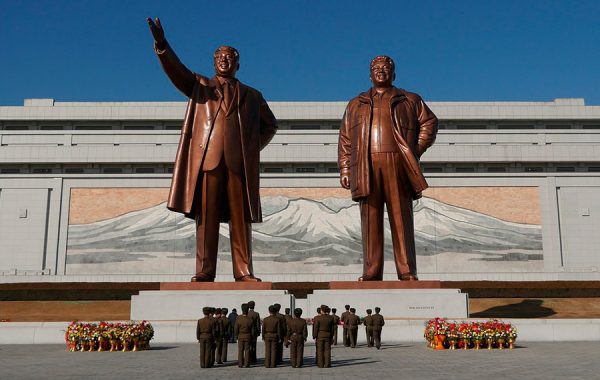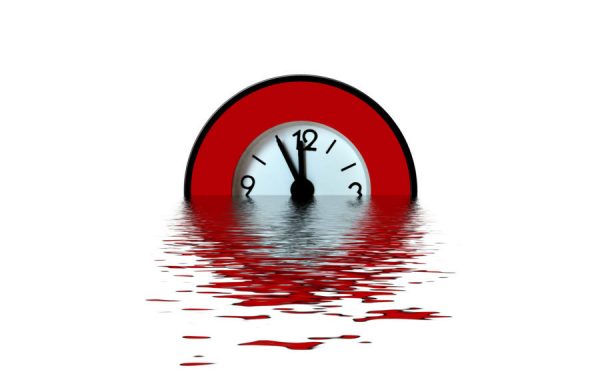
The Observatory on Contemporary Crises (OCC) publishes a wide range of articles that deal with contemporary international crises and important events. It seeks pedagogy and originality before anything else.
The OCC favors a cross-disciplinary approach to the main challenges that prevail in the world. While the concept of crisis is central to our work, we are open to a large range of topics that include social justice, gender gap, youth, environmental problems and climate change, political, social, economic and sectarian issues, among so many others.
The OCC is open to contributions from all observers interested in international events and issues. Experts explain problems and challenges in an accessible way, while students find an opportunity to practice their research and their writing skills by giving their opinion on specific points related to international affairs.
To contribute to the OCC, please send us your ideas writing to occ@slu.edu and/or to barah.mikail@slu.edu.
Your proposal should include:
– A key research question that will be at the heart of your development;
– The two or three main ideas around which your demonstration will revolve.
You are also welcome to suggest a topic before you write and explain the reasons why you chose it.
Alternatively, you can also send us a draft article directly. We will read it and get back
to you as soon as possible.


Articles published on the OCC range from an average 600 to 1,200 words, with a margin of flexibility of +/- 20% more words.
Longest papers can be considered as part of our section on Policy Briefs and Research Papers.
Articles must be written in an academic but accessible way. Avoid use of the first person, and always go straight to the point.
It is important that you always mention your sources and your references. The OCC
favors the use of hyperlinks directly within the text. If references cannot come under
this form (books, articles not available on Internet, interviews…), please use endnotes.
Authors must mention their position and provide us with a very short paragraph of
presentation that they will put at the end of the article.
While not mandatory, we encourage you to provide us with copyright-free pictures to
illustrate your articles. Experience proves that authors tend to identify better what
picture translates better their thought(s).
When you think of an article, think first why you want to write on this topic.
Always make it sure that you really feel like writing on a particular issue. The OCC is open to a wide range of topics and approaches, so take opportunity of this: you will
always be passionate and interested in writing about any topic that interests you. In change, a topic that does not really speak to you will end up boring you, you will lose
interest, and your final paper will then have few chances of being considered.
Be in touch with your instructor(s) from the very beginning of the process: it is important that you agree on a clear research question before your do more research. The clearer the starting point, the better the demonstration.
Do not hesitate and ask as many questions as you need, even during the writing process: it is always better for you to be sure of the steps that you are following rather
than to feel lost and confused. This is what your instructors are here for.
Be aware of the importance of the research that you make ahead of writing the article: you can hardly write about something you don’t have enough knowledge about.
Write in a structured way: you are meant to explain a specific point in a simple way and with few but good arguments. The objective of your article is never about filling up available space: you are meant to summarize all the information and knowledge that you have accumulated through two or three main ideas and go straight to the point.
Beyond the intellectual input (books, articles, audiovisual content…), do not forget and try to talk as much as possible with people around you, and with people that are
knowledgeable about your topic. Plato believed that oral communication was more powerful than written language: when we talk, we explore dimensions that we did not necessarily think about before. Your talent will consist in exploring a large range of prospects related to your topic, before you put them by written in a relevant and
intelligible way.
Last but not least, think of the people that will read you: you want to write, but you also need to be read. This requires you to find the way to capture people’s attention from the moment they look at the title of your paper and open it to start reading.
Good luck!